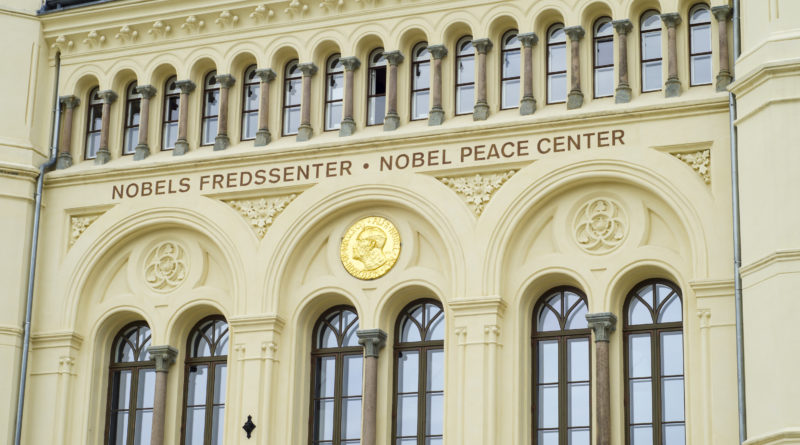Who Won the Nobel Prize in Economic Sciences?
5,299 total views, 1 views today
On Monday, the Royal Swedish Academy of Sciences in Stockholm revealed the awardees for the 2019 Nobel Prize in Economic Sciences. The three recipients of this year’s prize have been praised for taking an “experimental” approach to fighting poverty around the world. The Royal Swedish Academy has credited the awardees with using unprecedented economic methods to identify the best routes toward eliminating poverty.
Below, learn more about each of the three winners of the Nobel Prize in Economic Sciences.
Abhijit Banarjee
2019 Nobel Prize in Economic Sciences winner Abhijit Banarjee earned his Ph.D. from Harvard University in 1988. He held assistant professorships at Harvard and Princeton Universities before the Massachusetts Institute of Technology (M.I.T.) hired him as an associate professor in 1993. Ten years later, the prestigious technical institute elevated him to an international professor of economics.
Although Banarjee’s educational work in economics has propelled him to the forefront of many vital modern economic conversations, his professional services and publications are just as relevant to his Nobel Prize in Economic Sciences. Banarjee became a trustee of Save the Children in 2016, and he published the book What the Economy Needs Now earlier this year.
Esther Duflo
2019 awardee Esther Duflo holds the distinction of being only the second woman ever to win the Nobel Prize in Economic Sciences. She too is a professor at M.I.T., from which she earned her Ph.D. in 1999. Quickly after she earned her Ph.D., she became an assistant professor at M.I.T. Since 2005, she has been an M.I.T. Abdul Lateef Jamil Professor of Poverty Alleviation and Development Economics and the co-director of the Adbul Lateef Jamil Poverty Action Lab.
Through her work with the Poverty Action Lab, Duflo has brought the experimental economics that earned her the Nobel Prize in Economic Sciences out of the classroom and into the real world. The Poverty Action Lab includes sectors in agriculture, health, and education that address critical questions about how economic information and policies can be implemented to benefit these sectors – and, therefore, the people working in them.
Michael Kremer
Michael Kremer’s earning of the 2019 Nobel Prize in Economic Sciences suggests that Cambridge, Massachusetts is at the heart of economic innovation. Just as with Banarjee and Duflo, Kremer belongs to a Cambridge-based institution – namely, Harvard University. He earned his Ph.D. in Economics there in 1992 and worked at M.I.T. thereafter until returning to Harvard in 1997. Since 2003, he has held the title of Gates Professor of Developing Societies.
As an expert on developing societies, Kremer has focused on education, water access, healthcare, and agriculture. In particular, his work in expanding vaccine access in developing societies has proven especially effective in helping to alleviate global poverty. As with his two fellow Nobel Prize in Economic Sciences winners, Kremer’s research and educational work have made immense strides in fighting global poverty when brought into the field.
Who else would you like to see awarded with a Nobel Prize in Economic Sciences? Share your thoughts in the comments.

